
President Oli Challenges Prachanda on Maoist Armed Conflict and Cantonment Scam during Interactive Program
In a thought-provoking interactive program titled ‘Prosperous Nepal, Happy Nepali: The Path of Country Development,’ held in Kathmandu on Saturday, CPN-UML President KP Sharma Oli raised pointed questions directed at Prime Minister and CPN-Maoist Center Chairman Pushpa Kamal Dahal Prachanda. President Oli’s inquiries centered around the decade-long armed conflict that gripped the nation and the alleged financial irregularities associated with the cantonment scandal.
President Oli openly questioned the motivations behind the Maoist violence and warfare, asking, “For whom was the Maoist war fought against? Against whom was it directed? Who suffered casualties during this period?” He proceeded to emphasize that notable figures within the political and intellectual spheres, who were once revered as guiding lights in society, tragically lost their lives during the conflict. He noted, “Prominent intellectuals of the society were killed, the Guru Luitels were killed, the liberation officers of Lamjung were killed.”
While acknowledging the existence of a war, President Oli argued that the principles and regulations of warfare should have been adhered to, insinuating that the Maoist armed conflict largely manifested as acts of violence.
Shifting his focus to a contentious episode in Nepal’s history, President Oli delved into the cantonment scam that marred the process of integrating Maoist fighters. He cast doubt on the allocation and utilization of funds associated with this endeavor. President Oli’s inquiry centered on the whereabouts of funds ostensibly earmarked for the integration of Maoist combatants into the national framework.
He further questioned the discrepancies in reported numbers of integrated fighters, highlighting that while initial estimates placed the figure at 34 thousand, subsequent counts yielded only 24 thousand. President Oli questioned the apparent reduction in numbers and the fate of the funds that seemingly vanished along with the discrepancy.
Moreover, he challenged the assertion that the Maoist army consisted of nearly 19,000 soldiers during the relevant period, suggesting that the actual figure might differ significantly.
President Oli’s incisive queries have ignited discussions across Nepal, prompting renewed scrutiny of the Maoist armed conflict and the subsequent integration process. The interactive session underscored the need for transparent and accountable practices in the nation’s history and development.
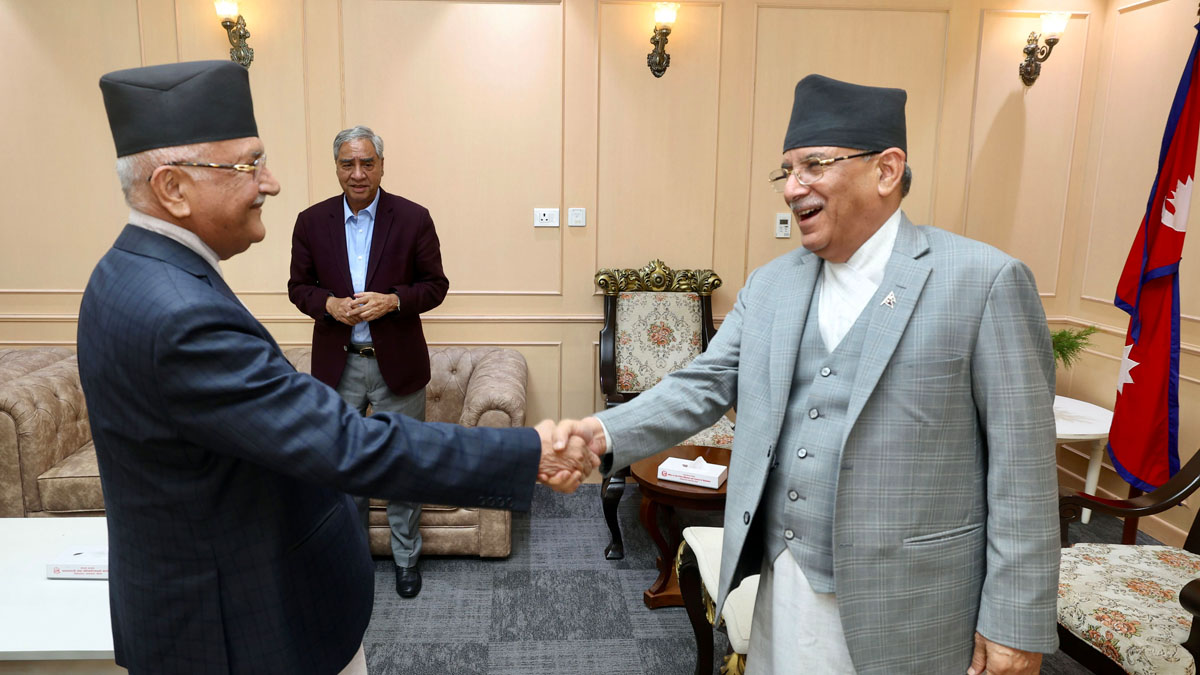
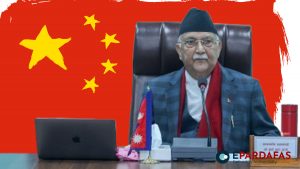


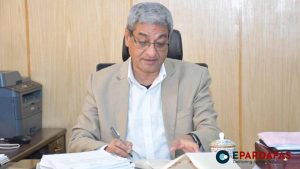
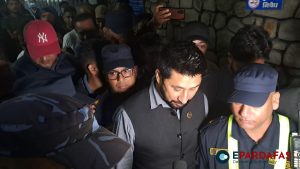
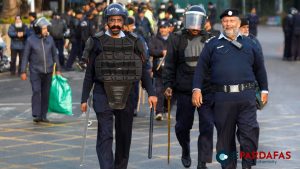






Comments